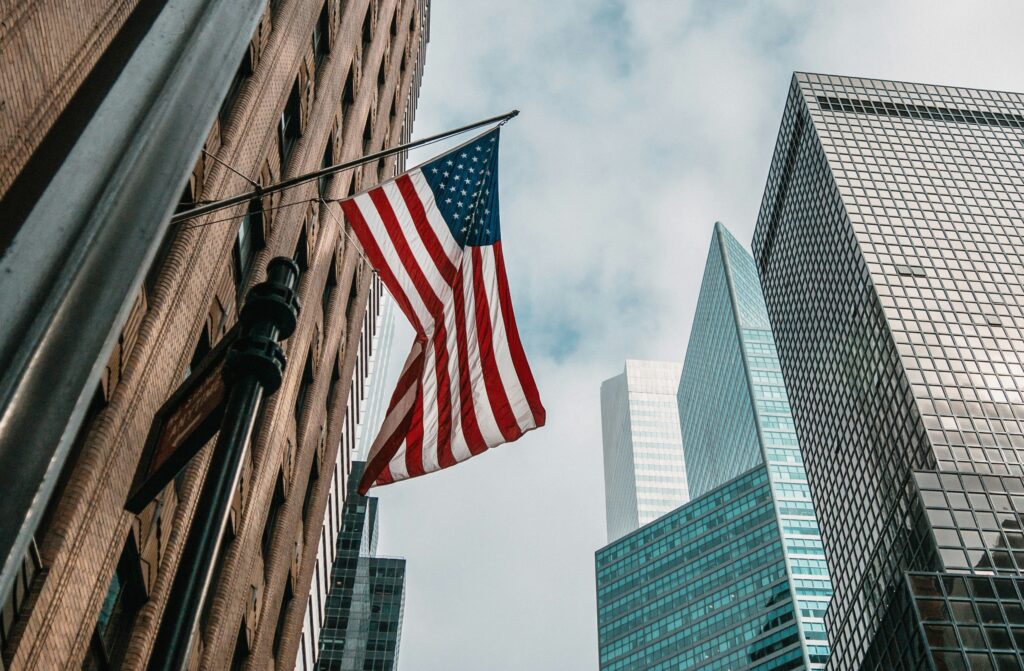Lower court’s block overturned
The Supreme Court has sided with the Trump administration, permitting federal agents to carry out immigration raids in Southern California that rely on profiling by race, ethnicity, or language. The ruling lifts a July 11 injunction from U.S. District Judge Maame Frimpong, who had found the practices likely unconstitutional under the Fourth Amendment’s protections against unreasonable searches and seizures.
Allegations of racial targeting
The lawsuit that triggered the injunction described “roving patrols” by masked, heavily armed agents who detained people in public spaces based on appearance or speech. One plaintiff, Jason Gavidia, alleged he was roughed up despite insisting he was a U.S. citizen, with agents pressing him to name the hospital where he was born. Judge Frimpong’s order had barred reliance on factors like skin color, Spanish or accented English, or presence at car washes and tow yards, saying none by themselves establish reasonable suspicion of illegality.
A divided court responds
The 9th Circuit had refused to lift Frimpong’s order in early August, prompting the Justice Department to appeal. In its defense, the administration argued that a “reasonably broad profile” was necessary in a region where officials estimate 10% of residents are undocumented. The Supreme Court’s conservative majority granted the request, while the three liberal justices dissented, continuing a pattern of the court backing Trump’s contested immigration policies.

